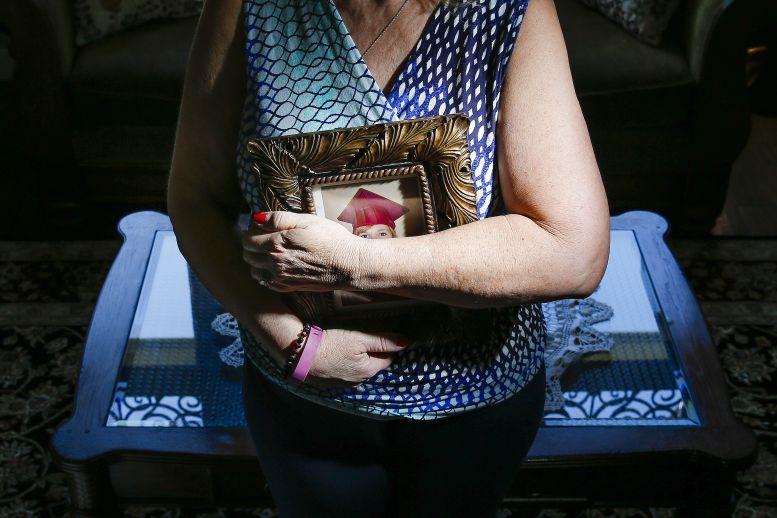HOUSTON — The 25-year-old rape victim, frightened and long-suffering from mental illness, agreed in December to testify against the Houston man who brutally assaulted her in 2013.
She hoped to put him behind bars for life.
But that decision landed her in the Harris County jail for more than a month over the Christmas holiday — terrified, helpless and hopeless, according to a federal lawsuit filed this week in Houston.
The woman, diagnosed with bipolar disorder and schizophrenia, had a mental breakdown on the witness stand and then was jailed by Harris County prosecutors who feared she wouldn’t come back to court.
“They didn’t care. They got what they wanted,” the woman’s mother told the Houston Chronicle on Wednesday about the Harris County District Attorney’s Office. “She was collateral damage and they didn’t care what happened to her.”
News about the case shocked Houston’s defense attorneys and advocates for rape victims.
“That is beyond ludicrous,” said Lavinia Masters, a sexual assault victims advocate. “I’m amazed that a judge would allow that. You’re further victimizing a victim.”
District Attorney Devon Anderson said the woman, who was homeless when she was raped, was going through a “life-threatening mental health crisis” and told prosecutors she was not going to return to testify.





